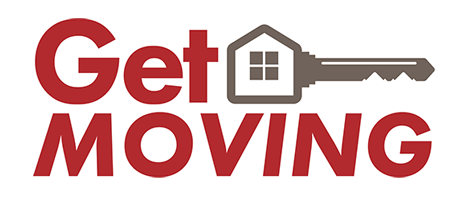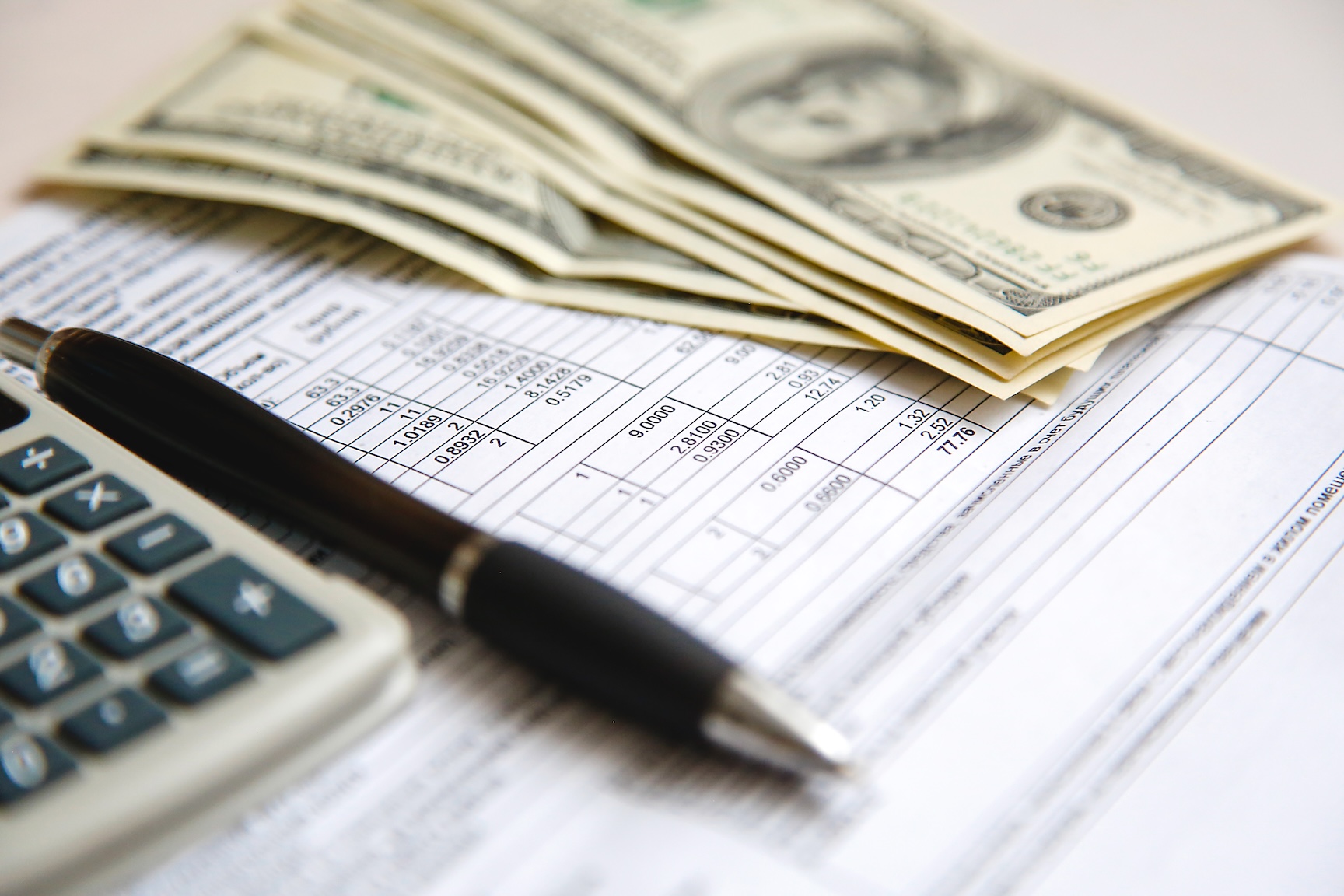
So you’ve contracted on your dream home—congratulations! This is an exciting milestone, and you’re one step closer to getting the keys to a brand-new abode. However, you might be wondering what comes next. The time between contract and closing will vary, depending on what kind of home you’re purchasing. For quick move-in listings, for instance, you could be at the closing table in as little as 30 days.* If you buy a home with more personalization options, on the other hand, the amount of time between signing the contract and closing on the house will likely end up being longer. Regardless of how much time you have, it’s important to have an idea of what needs to get done before the purchase is finalized. In this article, we’ll be going through a contract to closing day checklist that details tasks you may need to take care of in that in-between time.
✅ Pay earnest money

Earnest money is your “good faith deposit,” almost like a handshake at the beginning of a deal. It demonstrates your serious intent to purchase a home and helps mitigate risk for the seller or builder. The amount you’ll pay depends on the house, the location, the builder, and other factors, but you can generally expect it to be between 1% and 5% of a home’s base price. For example, if you’re purchasing a $400,000 property, you might expect to put down $4,000 to $20,000 in earnest money.
This deposit is often held in escrow, meaning it’s kept by a neutral third party until closing. The good news? In most cases, that money is applied toward your down payment or closing costs when the transaction is finalized.
✅ Submit your loan application

Even if you’ve already been prequalified or preapproved for a home loan, you’ll still need to submit an application for final approval once you’ve decided on the home you want to purchase. There’s some crucial paperwork and information you’ll need to have on hand when you apply, including pay stubs, federal tax returns, W-2s or 1099s, bank account statements, and other key documents. To avoid surprises, it may be a good idea to check your credit reports one more time before applying, even if you have already checked them during the prequalification or preapproval process.
When choosing a lender, you’ll want to select a mortgage company you can trust, and one that will offer competitive loan options. If you’re purchasing a new-construction home, see if your builder has a preferred or affiliated lender they work with. The primary advantage of working with a preferred or affiliated lender is the fact that they are experienced with the builder’s processes and knowledgeable about their homes. Additionally, there may be special offers or incentives available to you when you choose to work with certain mortgage companies.
HomeAmerican Mortgage Company (NMLS ID 130676; see their licensing info here), for instance, is the affiliate lender of Richmond American. Its team of licensed professionals is well-versed in our homebuilding process and dedicated to finding buyers the best possible mortgage options for their needs. The company often has special financing offers available for Richmond American customers, so be sure to ask about those as well!
✅ Secure homeowners insurance

Selecting a homeowners insurance policy can be a critical component of your loan approval, as well as provide you with peace of mind as you prepare to move into your new abode—so don’t neglect this important step! Before you begin shopping around, you’ll want to gather some necessary information about yourself, your new home, and your belongings. With this, your insurance agent will be better equipped to find the right policy options for your needs.
Homeowners insurance costs can vary depending on your home’s location, the type of building materials used, your prior claims history, and more. While not a guarantee, new construction homes often garner lower premiums than resale homes, due to modern building materials, more efficient systems, less wear and tear, and other factors.
If you’re ready to shop policies, our insurance affiliate can help you find the best options to fit your unique needs. American Home Insurance Agency, Inc. agents help save time and energy by gathering estimates from a range of reputable carriers, so you can compare your policy options. To learn more, visit their website or call 720.528.2236.
✅ Monitor your finances
During the homebuying process, financial stability is key. Any sudden changes to your credit, income, or savings could jeopardize your mortgage approval, even if you were initially preapproved. Lenders typically perform another credit check before closing, so it’s crucial to maintain your financial health and avoid major moves until your loan has been finalized (or even better, until you get through the door of your new home). Here are a few things to consider for your contract to closing day checklist:
DO:
- Dispute any errors on your credit reports
- Keep old lines of credit open (closing accounts could lower your score)
- Continue paying bills on time
- Maintain steady employment and income
DON’T:
- Make major purchases (furniture and expensive electronics can wait!)
- Apply for new credit cards or loans
- Withdraw significant funds from your savings account
✅ Schedule inspections and appraisals

As part of your contract to closing day checklist, you should also hire a professional to conduct an independent inspection of the home, especially if you’re purchasing resale, and take note of anything that needs to be fixed or replaced. When it comes to a brand-new house, you should expect a final walk-through with your sales agent, warranty representative, or construction superintendent to inspect the finished product and ensure any items on your punch list were taken care of.
Your lender may also obtain an appraisal, which will be conducted prior to closing. Essentially, an appraisal is a professional, unbiased assessment of a home’s fair market value. Lenders use an appraisal to ensure that the estimated value of the home supports your loan amount. Appraisals may be required for both brand-new and resale homes, although some builders or mortgage companies could offer appraisal waivers as an incentive.
✅ Arrange for utilities
Setting up your utilities is a key part of getting your new home ready for move-in! First, create a list of all the utilities you will need. Common services might include electricity, internet or Wi-Fi, cable, natural gas, water, sewer, trash/recycling collection, etc. Determine whether there are any utilities, such as trash pickup, that are covered by your homeowner association fees (if applicable) or by the city or county. If you are moving from one residence to another in the same area, you may be able to transfer some services from your old home to your new one—just be sure to contact the providers well in advance to let them know the dates they should stop and start service.
Taking the time to coordinate your utilities before closing day is an easy way to avoid unnecessary headaches or challenges. You’ll certainly thank yourself when you’re moving into a beautiful new home that has working electricity, water, and internet from day one.
✅ Finalize your loan
Once your loan application has gone through underwriting, your lender will provide a preliminary decision and a Closing Disclosure, which outlines your anticipated expenses. These may include closing costs, origination fees, escrow reserves, mortgage insurance (if applicable), title insurance, and homeowners insurance. You’ll also see a breakdown of your estimated monthly payment and total finance charges on your loan.
Once the loan is officially approved, you’ll receive a commitment letter, which is a formal document that will set out the terms of the loan, the length of time for which those terms are offered, and any remaining items required to finalize the loan. At this stage, remain responsive to your loan officer’s requests for additional documents or clarifications. Quick communication helps keep your closing on track and prevents unnecessary delays or last-minute surprises.
✅ Prepare for the closing table

Once everything else on your contract to closing day checklist has been checked off, it’s time to get ready for the closing table! First, if you need to transfer funds between bank accounts in order to cover the down payment or closing costs, be sure to do so well in advance to avoid any delays or potential snags. You’ll also want to gather all the necessary information and documents, including:
- Proof of insurance
- Cashier’s check or wired funds
- Photo ID
- Personal checkbook
Additionally, make sure to coordinate the closing date, time, and location with the title closing agent, your real estate agent, anyone else on the loan, and your attorney (if applicable). For more on what to bring to the closing table, take a look at this infographic.
The finish line: Welcome to your new home!

Buying a new home is a joyful experience, but it’s also one that requires organization and proactive measures. With the right preparation and attention to detail—including following this contract to closing day checklist—you’ll be well-equipped to avoid surprises and ensure a seamless transition into homeownership. Each to-do list item, from paying your earnest money to finalizing your loan, moves you closer to your ultimate goal of walking through the front door of a home that’s truly yours. From there, you can begin making lasting memories in your brand-new house!
For more on the homebuying journey, take a look at these quick reads:
- How Much are Closing Costs (and Who Pays Them)?
- The Power of the Rate: Afford More with Special Financing!
- Benefits of Buying a Quick Move-in or Spec Home
- Six Common Homebuying Myths Debunked
*Closing dates are subject to change and cannot be guaranteed. Homebuyers may be limited in the structural changes, options and upgrades which can be made to homes.
You’ve found your dream home. Now it’s time to insure it!
Get answers to common questions about insurance policies, coverage options, saving on premiums and what to expect from your licensed agent.





